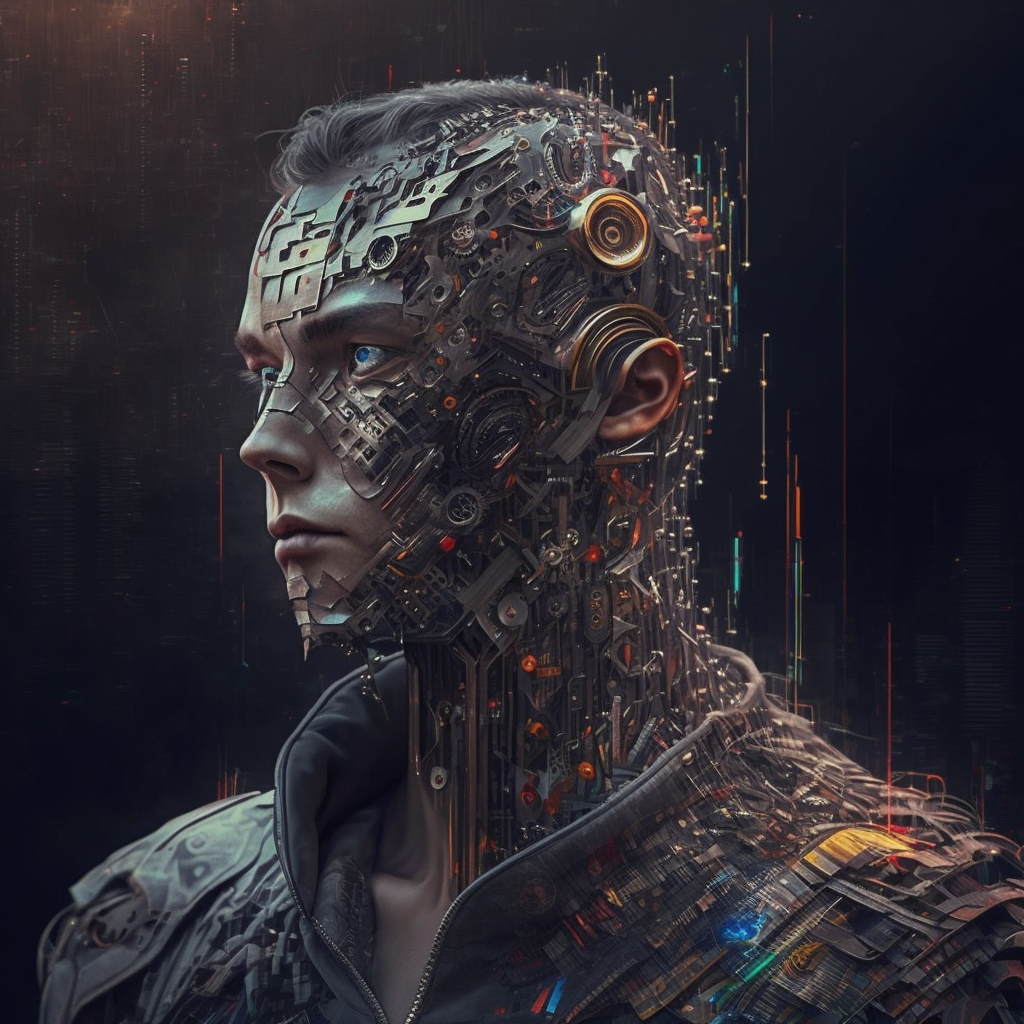The rapid progress of artificial intelligence (AI) has raised concerns for many people about the security of their professions. Surprisingly, while high-paying careers such as lawyers and creators may face the AI impact first, the trade sector, particularly painting businesses, is expected to remain relatively unaffected - at least for now. Let's examine the reasons for this unexpected situation and why painting as a service provides a stable outlook in an unpredictable world.
-
The Innate Complexity of Trades One considerable advantage that trade businesses, including painting companies, hold over other sectors is the intricate nature of the tasks involved. Painting demands a blend of manual skills, spatial perception, and a comprehension of different materials and methods. Even though AI has made significant progress in automating repetitive tasks, the complex aspects of trade jobs like painting present a greater obstacle, keeping the sector safe from AI for the time being.
-
Resistance to Economic Downturns Recessions can result in job losses and the closure of businesses across numerous sectors. However, painting businesses tend to perform better during economic slumps. People still need to maintain their properties, and painting is a relatively cost-effective way to revitalize a space or boost curb appeal. This robustness during challenging economic periods provides painting businesses with stability that other sectors may not possess.
-
Frequent Maintenance and Updates Painting jobs necessitate regular upkeep and modifications, ensuring a constant demand for painting services. Buildings, both residential and commercial, need repainting every few years due to normal wear and tear, weathering, or simply a shift in style preferences. This continuous need for painting services results in job security for painting business owners and their staff.
-
Customization and Client Interaction One facet of the painting business that AI finds difficult to emulate is the customized approach and client interaction that human workers provide. Customers frequently have unique requests, preferences, or concerns that require the compassion and understanding that only a person can deliver. Painting professionals can customize their services to meet individual client requirements, adding value that AI cannot match.
-
Adapting to Industry Changes Although the painting sector may be safe from AI for now, it is crucial for business owners to adjust and evolve to stay competitive. This includes adopting new tools, techniques, and technologies to enhance efficiency, lower costs, and improve customer satisfaction. By remaining ahead of the curve, painting businesses can maintain their competitive advantage in the face of any potential AI disruption.
In conclusion, as AI continues to transform various industries, painting businesses appear to be secure for the foreseeable future. The inherent intricacy of the trade, resistance to economic downturns, ongoing maintenance requirements, customized service, and client interaction are all factors that contribute to the sector's stability. Nevertheless, it is essential for painting business owners to remain alert and adaptable, ensuring their companies prosper in an ever-evolving world.

